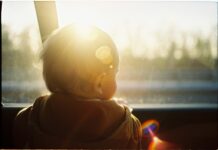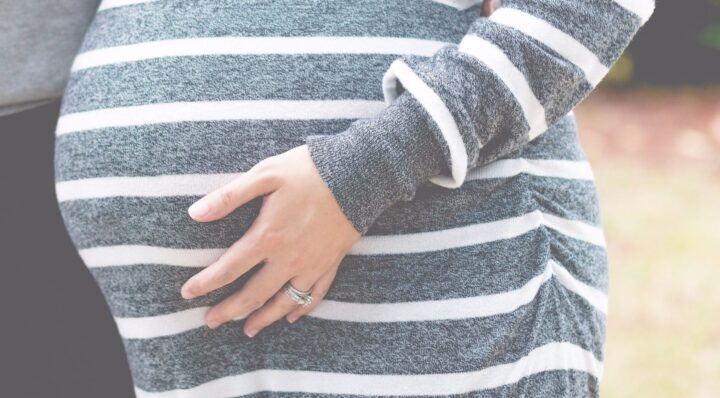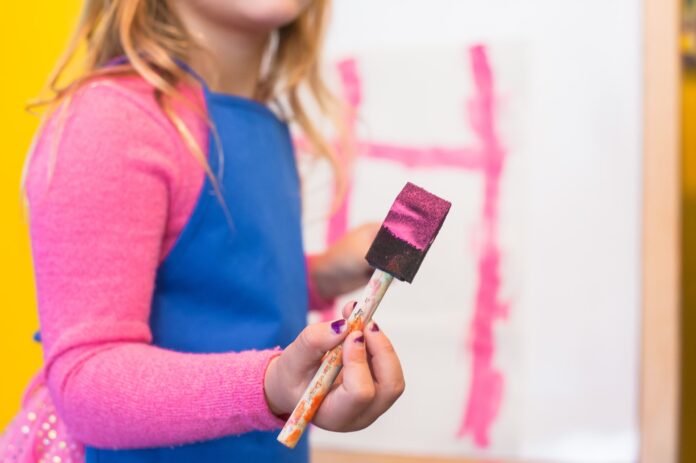Last Updated on March 28, 2021
Having a child and watching them grow is one of the best experiences, and one of the most difficult challenges in life. On the one hand, parents find enormous pride and happiness in raising their children, but on the other hand, there is constant worry and fear that something may go wrong. People always ask themselves, “Are we going to be bad parents?” First and foremost, the parent-child relationship should be based on dedication and lots of love. Discover the top 8 wonderful periods in a child´s life that every parent should be prepared for, and find out about the main milestones of child development by age group, from 0 to 18 years old. Will you accompany us on this trip?We offer great advice and useful tips from experts on how to feed your baby/kid, how to behave around and with them, how to build their personalities, how to protect their physical and mental health, and more. Our purpose is to guide you out of fear and uncertainty into a brighter and healthier life for your little family
Contact us: contact@mykidslivesafe.com
POPULAR CATEGORY
© Copyright 2021, My Kids Live Safe































